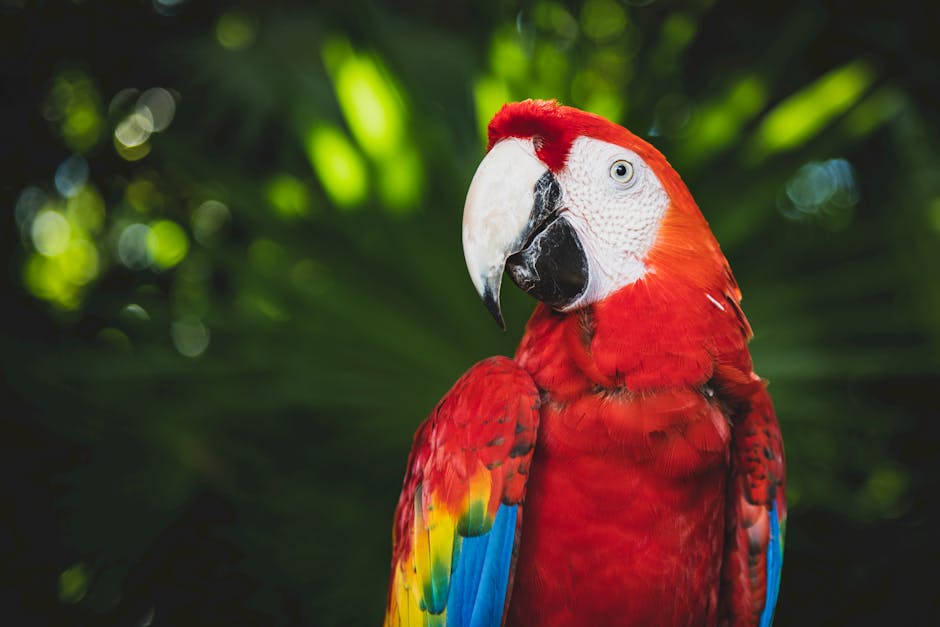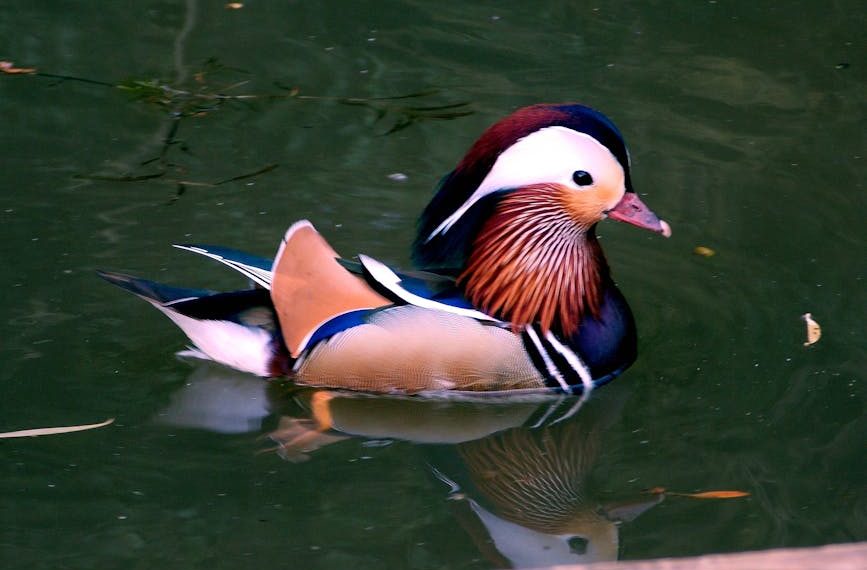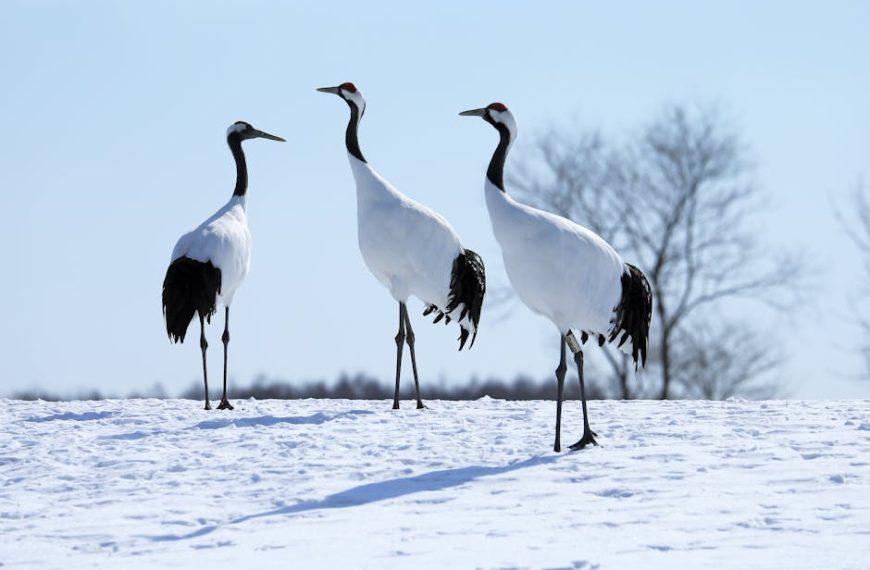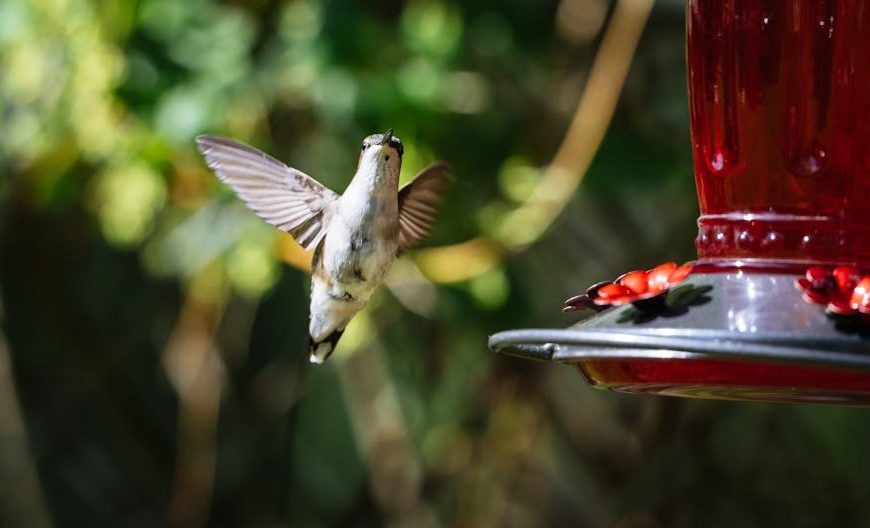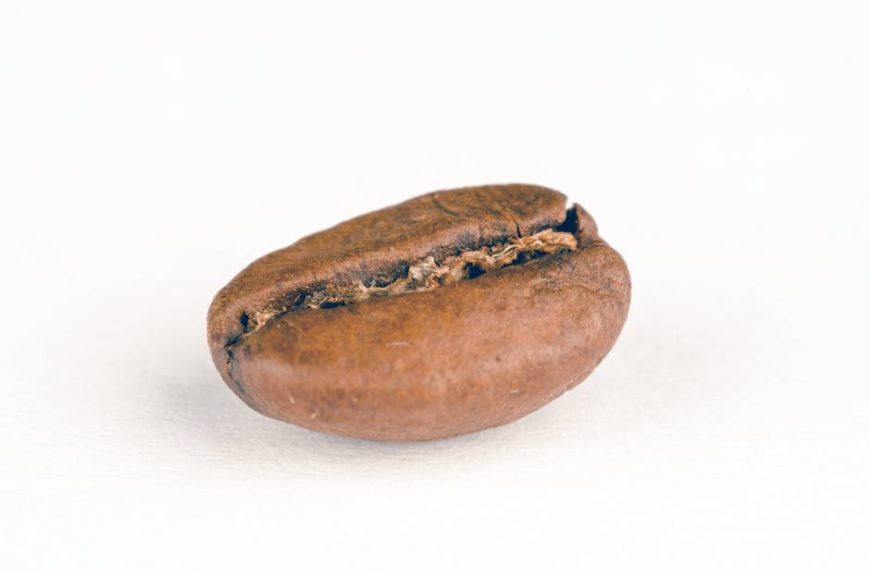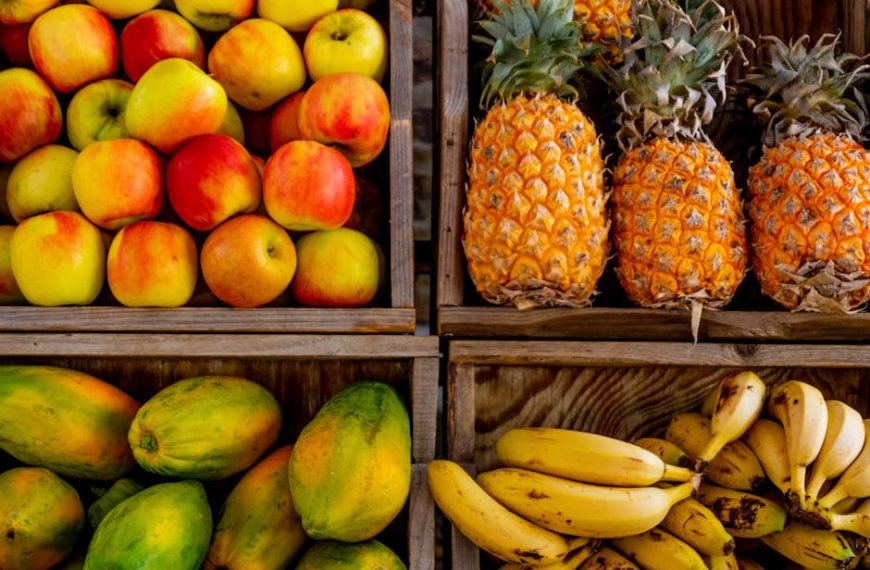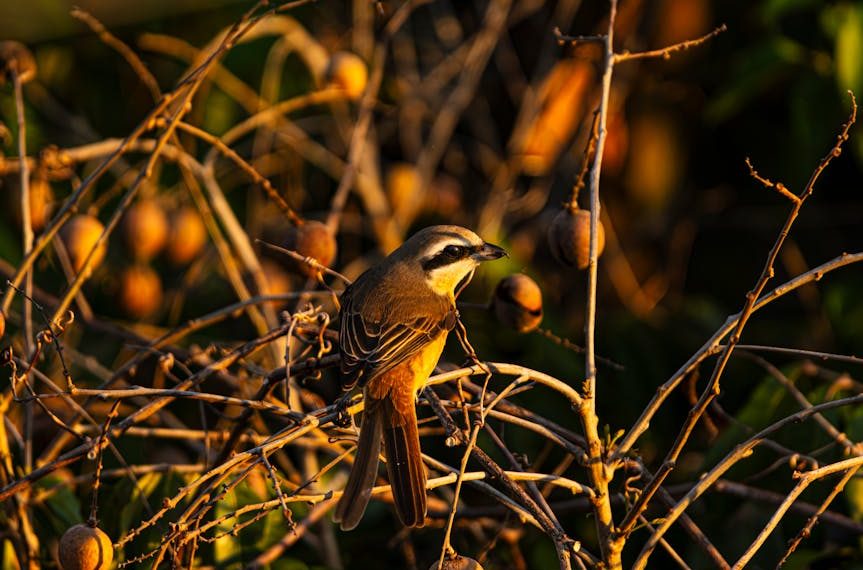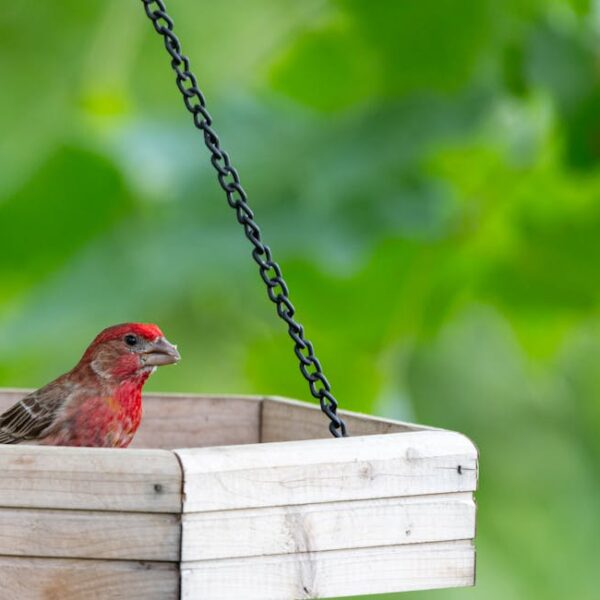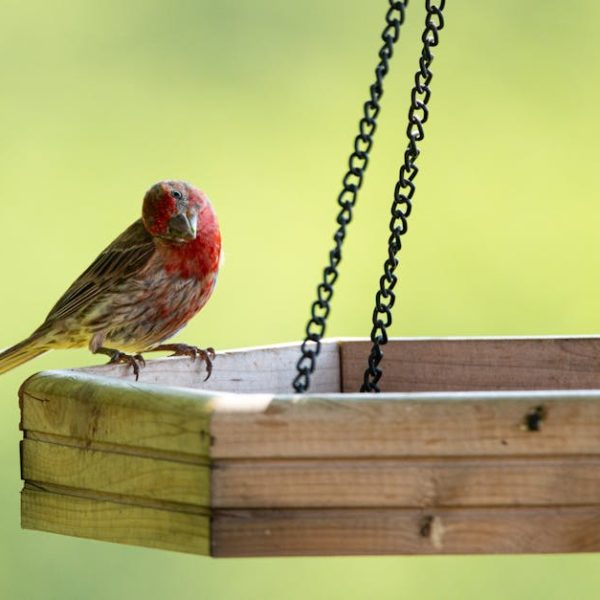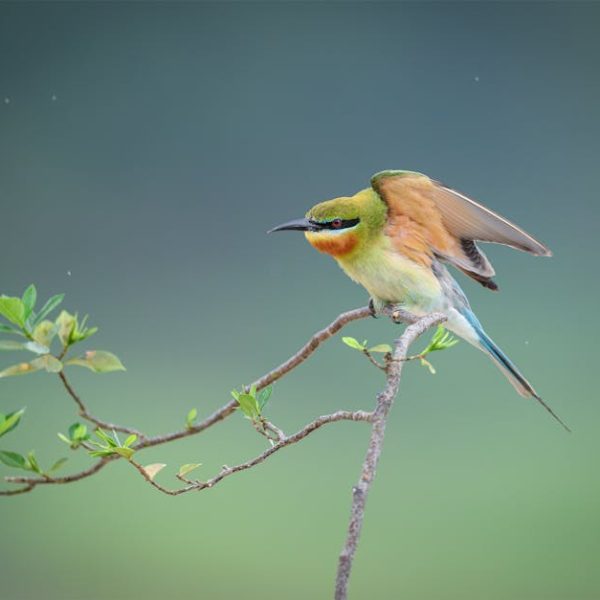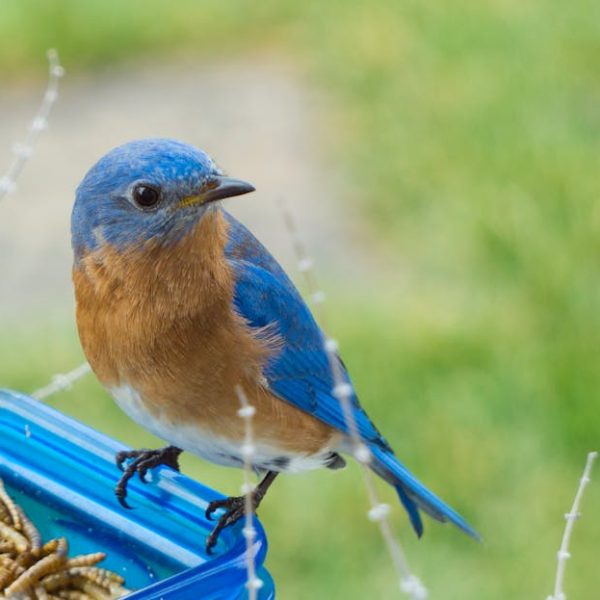If you’re a bird lover like me, you surely understand that the diet of our feathered friends is critical for their long-term health and happiness. One such dietary element, nuts, play a role due to their unique blend of vital nutrients. These miniature marvels of nature not only add taste variety but also provide an essential nutritional boost when appropriately integrated into your bird’s meals. However, it’s crucial to remember that while beneficial, nuts should only constitute a small portion of your bird’s diet due to their high fatty content.
Understanding the Nutritional Needs of Birds
Birds have specific dietary requirements. Different types of birds require different nutrients in varying capacities. For instance, parrots require a nutritionally diverse diet, just like us humans. Their nutritional needs can be adequately met through a mixture of fruits, vegetables, nuts, and grains. Nuts, in particular, are a great source of protein, healthy fats, vitamins, and minerals. Here are some key nutrients commonly found in nuts and their benefits:
- Protein: Essential for growth and repair
- Healthy fats: Provide energy
- B-vitamins: Aid metabolism
- Essential Minerals: Necessary for bone and feather health
Safe Nuts for Your Birds
Certain kinds of nuts can be consumed by your feathered friends. However, it’s important to understand their nutritional content to make balanced diet choices. Almonds, walnuts, and pecans are among the safe, nutty treats.
Almonds, for instance, are a rich source of vitamin E and protein, essential for your bird’s overall health. Walnuts, additionally, contain antioxidants and healthy fats that are conducive to your pet’s well-being.
On the other hand, though pecans also have high nutritional value, they have a high-fat content. Therefore, moderation is key.
Unsafe Nuts and Risks of a Nut-Rich Diet
While nuts are a healthy addition to a bird’s diet, some types can be harmful to our avian companions. Macadamia nuts and cashews, for example, due to their high-fat content, can lead to obesity and related health issues when given in excess. Additionally, avoid feeding birds nuts that have been treated with additives or flavorings, such as salt or spices, as these substances can be harmful.
Even worse, some nuts can be toxic if not properly prepared. Hence, it’s essential to cautiously introduce nuts into your pet’s diet and watch for any adverse reactions.
Preparing Nuts for your Bird
Proper preparation is crucial when feeding nuts to your bird. Nuts should ideally be served raw and, if possible, with shell intact to allow for natural foraging behavior. However, for smaller birds, you may need to deshell and chop the nuts into manageable pieces. If using store-bought nuts, ensure they’re unsalted, rich in nutrients, and adequately stored to maintain their freshness and nutritional value.
Alternatives to Nuts in Birds’ Diet
Although nuts are rich sources of necessary nutrients, they are alternatives whose value can’t be overlooked. Fruits, vegetables, and seeds can also fulfill birds’ dietary requirements adequately, contributing to their overall health and well-being. This way, you’ll ensure your feathered friends have a balanced diet, that’s not overly reliant on nuts. For instance, fruits like apples, oranges, and bananas are rich in fiber, Vitamin C, and carbohydrates. They make great additions to your bird’s diet. Vegetables such as broccoli, carrots, and peas also help ensure your bird gets necessary amounts of calcium, beta-carotene, and Vitamin A.
Seeds like sunflower, sesame, and pumpkin seeds can also be beneficial. Sunflower seeds are packed with Vitamins E and B1, while sesame seeds provide copper, manganese, and calcium. Pumpkin seeds, on the other hand, also provide a healthy dose of protein and healthy fats.
Here’s a simple checklist to help you balance your bird’s diet:
- Essential fruits: Apples, bananas, oranges.
- Valuable vegetables: Broccoli, carrots, peas.
- Nutritious seeds: Sunflower, sesame, pumpkin.
Remember, while these foods can be fed in tandem with nuts, it’s also pivotal to keep in mind bird species-specific dietary requirements. Different bird species would require diverse nutritional needs. Consult with a vet or bird expert to better understand what’s best for your feathered friend, and never shy away from seeking professional advice if in doubt.
As bird owners, we want to give the best to our pet birds to ensure they live a long, happy, and healthy life. With the right balance of nutrients and safe food choices, you can provide a diet that caters to their unique needs. And while this may seem complex, it can be simplified by remembering key points: choose safe nuts, prepare them correctly, monitor your bird’s physical condition, and ensure a diverse diet with other nutritious foods.
By understanding the proper use of nuts and the potential risks of a nut-rich diet, you can confidently and safely incorporate these tasty treats into your pet’s food, allowing them to enjoy all the benefits without compromising on their health. Happy feeding!
Key Takeaway:
- Birds have specific dietary needs that can be supplemented in part by certain types of nuts such as almonds, walnuts, and pecans.
- Nuts provide essential nutrients including protein, healthy fats, vitamins and minerals.
- However, nuts should not make up the majority of a bird’s diet due to their high-fat content.
- Some nuts can be unsafe for birds, such as macadamia nuts and nuts that have been salted or roasted.
- Nuts should be properly prepared for bird consumption including washing, deshelling and chopping if necessary.
- Introducing a variety of other foods like fruits, vegetables, and seeds can help ensure a balanced diet, keeping bird species-specific nutritional needs in mind.
Nut-feeding for birds can be quite an art! Ensuring their health and happiness requires careful understanding and a balanced approach to their diet. Don’t worry, with a bit of practice and guidance, this can become second nature. So let’s keep learning and enjoying the companionship of our feathered friends!
FAQs
Q: What are some signs that my bird is not reacting well to a nut-feeding?
A: If you notice lethargy, changes in weight, ruffled feathers, changes in feces or any unusual behavior, please consult with a vet immediately.
Q: Can my bird consume nut butters?
A: Nut butters can be too rich and sticky for birds, potentially leading to choking. They also often contain added sugars and oils, which are not suitable for birds.
Q: Should I stay away from feeding my bird any kind of nuts?
A: Not necessarily. Certain types of nuts can provide essential nutrients to your bird. It’s crucial to choose safe nuts, prepare them properly, and feed in moderation.
Q: Is it necessary to wash the nuts before feeding?
A: Yes, washing can help remove any residues or contaminants that might be present.
Q: Can I feed commercially available nut mixtures to my bird?
A: Unless specifically designed for birds, commercial nut mixtures might have added salt or sweeteners, which are not good for your bird. Always best to choose raw, unsalted nuts.
Don’t forget to share this article with fellow bird owners and explore more posts on our website. You and your bird are on a fascinating journey together, and we’re here to help along the way.
